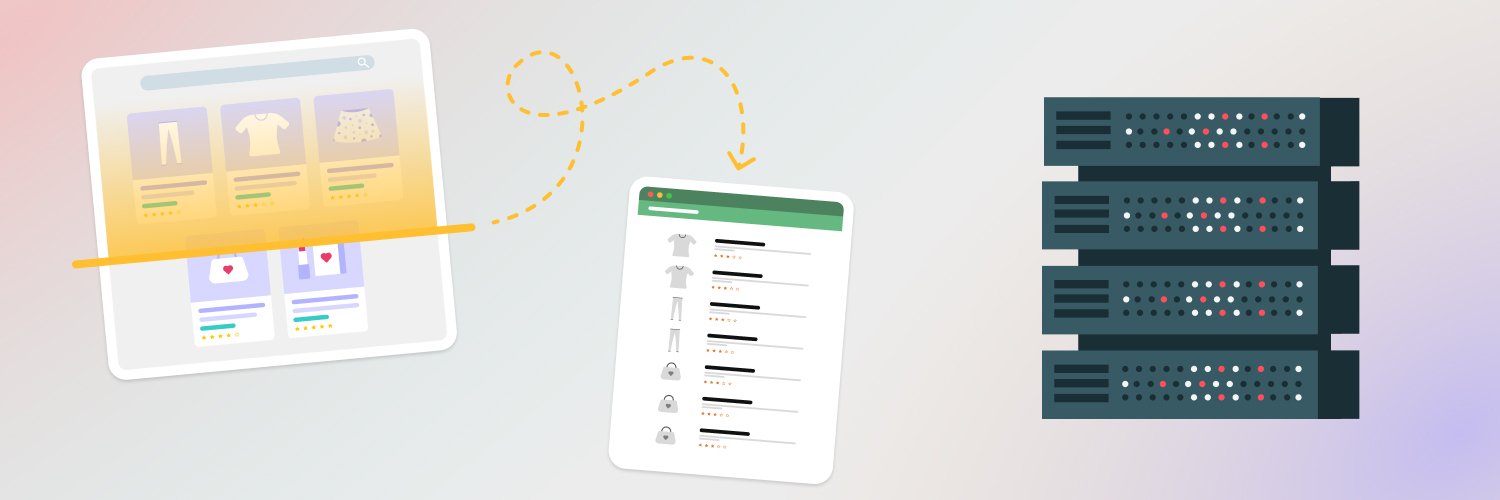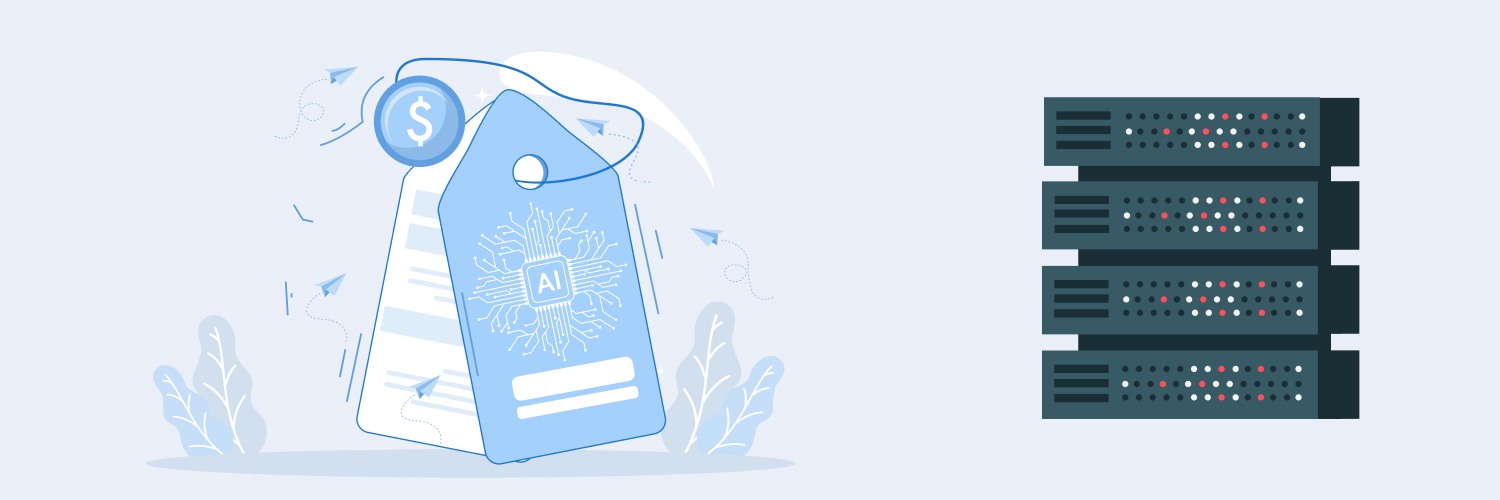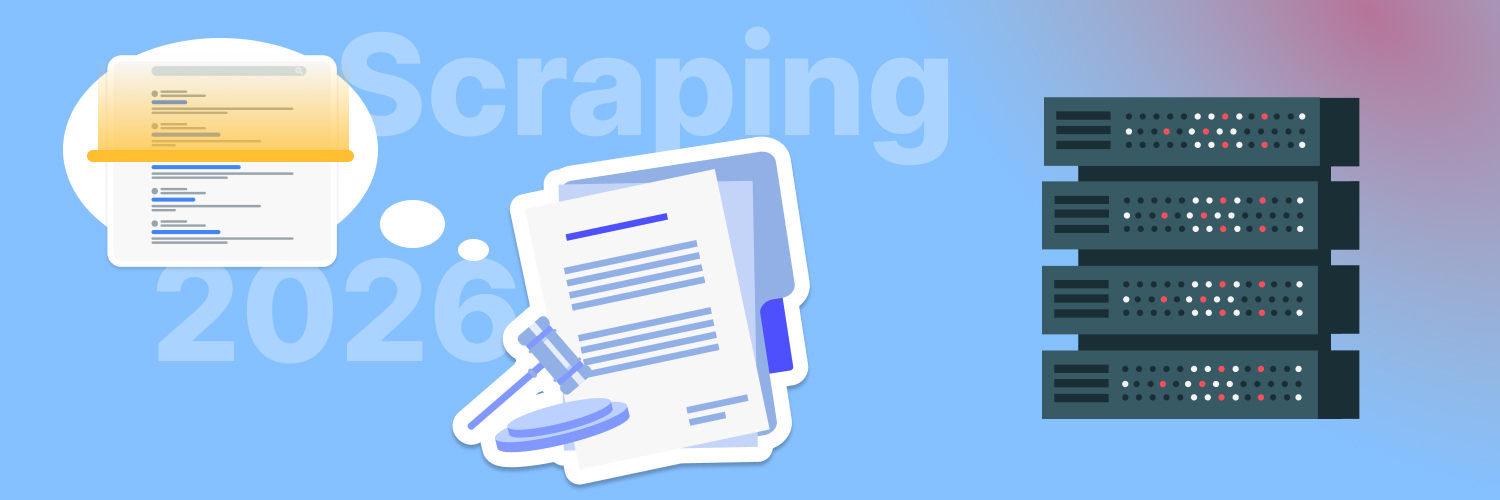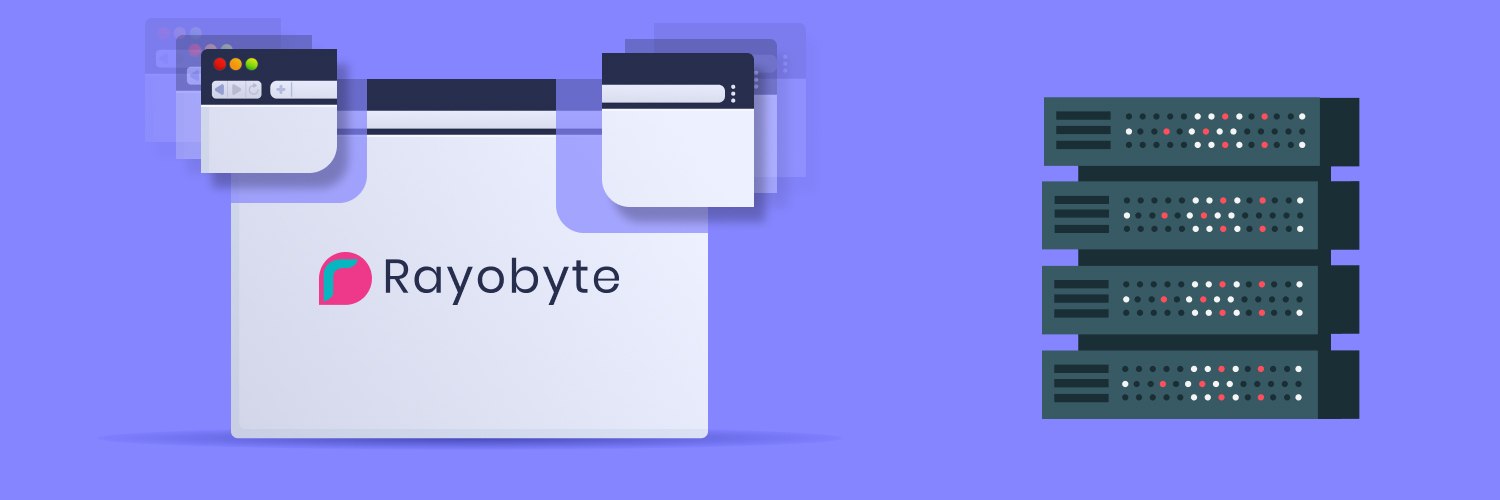A Buyer’s Guide: Residential vs Data Center Proxies
Proxies are integral to maintaining your security and anonymity on the web, whether you’re price scraping for market research or trying to automate tedious tasks to unlock the next level of your favorite game. But with all of the jargon in the proxy world, it can be hard to figure out exactly which proxy is the best choice for your needs.
What’s the difference between data center vs residential proxies, and which should you choose? We’ll lay out the benefits, drawbacks, and best use cases for each type of proxy in this article. If you’re already familiar with the different types of proxies, feel free to use the table of contents to jump around to the sections you want to read.
What Are Data Center Proxies?

Data center proxies are the most common type of proxy. But how do data center proxies work? The data center acts as an intermediary between you and the website you’re interacting with. When you send a request, it goes to the data center which then assigns you a different IP address before sending the request to the website. The response goes back to the data center IP address and then is sent to you.
As the name implies, these proxies originate in a data center, so they aren’t associated with an internet service provider (ISP) the way your home or business IP address is. Data center proxies allow you to hide your IP address, but they are easily identifiable as coming from a data center. This makes it obvious to sites that you’re using a proxy. Some of the pros and cons of data center proxies include:
Anonymity
Data center proxies aren’t connected to real locations, so they provide a high degree of anonymity. You can effectively opt out of having your location and online activities tracked by using data center proxies.
Speed
Data center proxies are usually faster than residential proxies. When you need anonymity and don’t want to deal with lag, data center proxies provide a clear advantage. However, you should be aware that speed is not always the best option. While it’s great for gaming, slamming a server with too many requests at once isn’t a good strategy for ethical data scraping.
Price
Because they’re easier to source than residential proxies, data center proxies are cheaper. Their price makes buying in bulk affordable, which is necessary because they’re more likely to get banned. With data center proxies, you also don’t have to worry about paying extra for bandwidth.
Volume
Data centers generate an enormous volume of IP addresses. Buying in bulk makes it easy to switch to a new IP address when you get banned or to use a different IP address for different requests. However, it’s important that your data center proxy provider offers IP addresses that have different sub-network addresses since some sites ban entire subnets instead of just one IP address.
Easily identifiable.
Although data center proxies offer a lot of advantages, it’s easy for a server to tell they’re coming from a data center rather than a residential address. Some websites block all data center IP addresses. If your project involves one of these websites, you won’t be able to use data center proxies. While other websites don’t go quite this far, they may block all IP address from a subnet if they detect bot-like activity from one. This can result in a lot of downtime if your proxy provider doesn’t offer a range of subnet diversity.
Best use cases for data center proxies
Some of the reasons you might choose data center proxies include:
- Gaming
- Anonymous browsing
- Budget restrictions
- Any project where speed is the most important factor
Rayobyte data center proxies
At Rayobyte, we offer data center proxies located in over 27 Countries. With 9 autonomous system numbers ( ASNs) and 20,000 unique C-class subnets, we have enough diversity to keep you up and running despite bans. The quality of our infrastructure is unsurpassed. Our 300,000 IP addresses and 25 petabyte capability lets us handle billions of scrapes per month.
We also give you unlimited bandwidth and connections. Our free replacements, including automatic 30-day replacements and instant individual replacements, help maximize your uptime and ensure the success of your project.
What Are Rotating Residential Proxies?

Residential proxies are tied to a specific physical address. This is the type of IP address you have at your home or business. It’s assigned to you by your ISP. Websites can’t tell the difference between residential proxies and a normal IP address. This is because residential proxies are normal IP addresses. They should be sourced from people who agree to let you use their IP address as a proxy. Unfortunately, not all companies are ethical about sourcing their IP addresses, which can put your brand reputation at risk if you work with them.
The biggest advantage to residential proxies is that they’re less likely to get banned than data center proxies. Most websites attempt to block any type of bot-like behavior, and gatekeeping IP addresses is one of the easiest ways to do that. However, if you are using proxies for web scraping projects such as market research, multiple requests from one IP address will get banned — even if it looks like a legitimate IP address. This is where you need rotating residential proxies. Rotating residential proxies automatically change your IP address so you’re less likely to get banned. The benefits of Residential proxies are:
Versatility
Residential proxies can be used for any purpose because they’re based on real addresses. They’re standard IP addresses, so using them doesn’t look suspicious.
Reliability
Since you’re using legitimate IP addresses, you don’t have to worry about an entire subnet getting banned and leaving you hanging. In many cases, your results will also be more reliable with residential proxies. It’s also easier to get results tailored to a specific geolocation using residential proxies since they’re associated with existing addresses.
Authority
You don’t have to worry about your IP address throwing up red flags when you’re using residential proxies. Rotating residential proxies are the way to go if you need the highest-quality data and the highest level of protection. Just be sure they’ve been ethically sourced.
Disadvantages of rotating residential proxies
The biggest drawback to using residential proxies is the price. They’re undeniably more expensive than data center proxies. However, they’re a great investment — you’re paying for the quality, reliability, and security. If your company relies on data gathered from web scraping, investing in residential proxies will pay off with the invaluable insights you’ll be able to leverage.
Best use cases for rotating residential proxies
The possible applications for rotating residential proxies are almost unlimited. They’re perfect for:
- Web scraping
- Accessing content that’s blocked in your location
- Testing affiliate links
- Search engine optimization
- Ad verification
- Monitoring brand reputation
- Projects involving websites that ban data center IPs
Rayobyte rotating residential proxies
At Rayobyte, our rotating residential proxies are optimized for web scraping. We are willing to go further than anyone else to create custom solutions for your enterprise. We use only ethically sourced residential IPs that are top of the line in terms of authority, reliability, and subnet diversity to guarantee you the best protection from bans. Our world-class API access gives you tight control right from your dashboard.
We know that your brand reputation is as important to you as ours is to us. That’s why we aren’t just looking to be your proxy provider — we want to be your partner in success. Our team with will work with you to create a custom solution to provide you with the IPs, ASNs, and countries you need for your project. Our unmatched commitment to ethics means you’ll never have to worry about damage to your reputation or having your finances or other sensitive legal information exposed when you work with us.
What Are ISP Proxies?

ISP proxies are a type of data center proxy. These are ideal if you don’t need rotating proxies. If you won’t need a lot of IP addresses but you still want to hide your IP address, ISP proxies are ideal. They can allow you to access location-restricted data or browse the web with complete anonymity.
Residential vs Data Center Proxies

Between residential and data center proxies, which is the better choice for you? It depends on your use case.
If you just need to protect your identity while surfing the net, then an ISP proxy may be all you need. For gamers who are interested in speed above all, data center proxies are the way to go. Data center proxies are also a good option for organizations on a limited budget.
In almost all enterprise use cases — including price scraping, market research, data gathering, and ad verification — rotating residential proxies are the superior choice. You just can’t top the security, reliability, and quality residential proxies provide.
Final Thoughts

Understanding proxies can be complicated, but with data taking its place as a value-indicator in business, opting out is no longer an option for companies that want to have a competitive advantage. A well-executed data strategy will be the major driver of your future direction and marketing strategies. At Rayobyte, we’re more than just a data company. We’re your partner in the success of your business.
The information contained within this article, including information posted by official staff, guest-submitted material, message board postings, or other third-party material is presented solely for the purposes of education and furtherance of the knowledge of the reader. All trademarks used in this publication are hereby acknowledged as the property of their respective owners.




